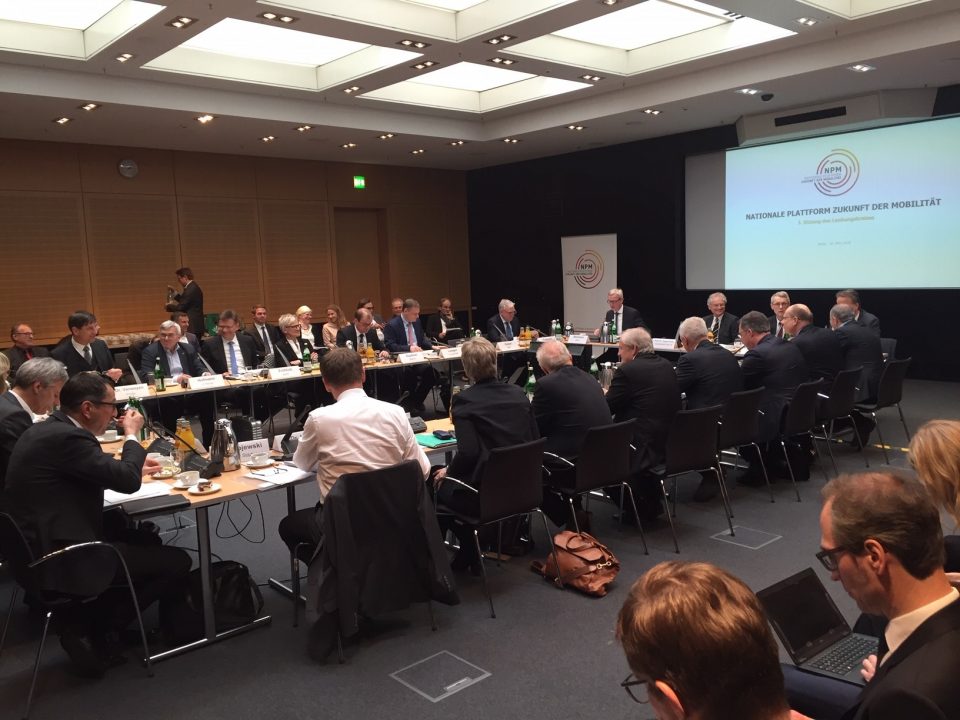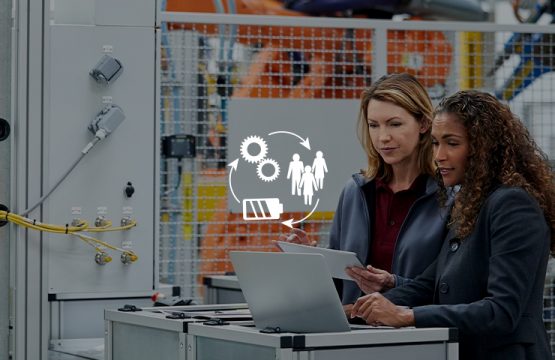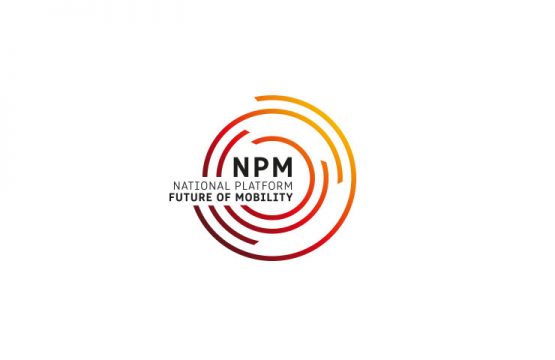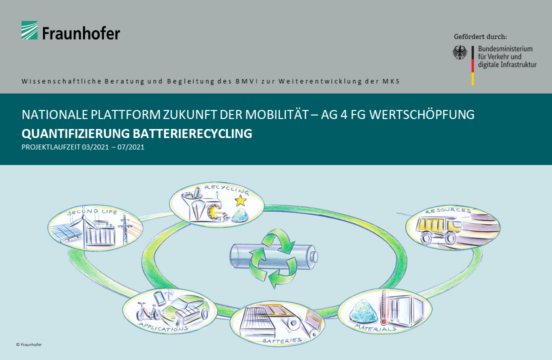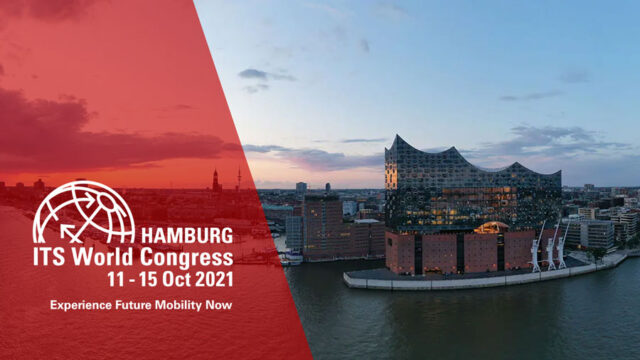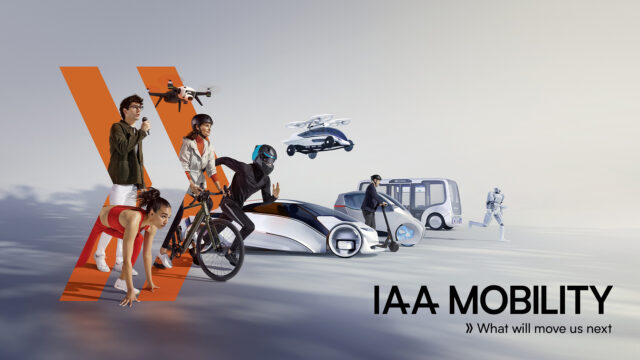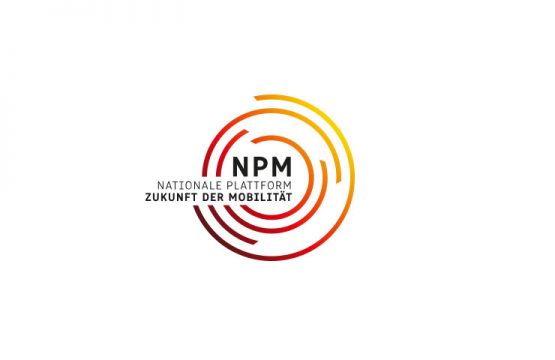In its fourth meeting on 5th June in Berlin, the Steering Committee of the National Platform Future of Mobility adopted recommendations for the digitalisation of mobility. The National Platform assigns the digitalisation and networking of modes of transport a central role in the development of an environmentally and user-friendly mobility system. It recommends a Digital Mobility 2020/21 pilot project, which would enable the concrete und joint testing of digitally networked mobility concepts. A second focus is on the development of open and binding interfaces and standards.
In its fourth session, the Steering Committee of the National Platform Future of Mobility (NPM) addressed the issue of digitalisation of transport. The basis for this was the first interim report from the WG 3, which is headed by Klaus Fröhlich (BMW). In five thematic areas (multimodal mobility, autonomous mobility, data/software/KI, networking and security), the report examines the future trends of mobility and their technological prerequisites. A particular focus lies on multi- and intermodal mobility, i.e. the availability and use of different modes of transport at different times or in a clever combination within a route.
By linking transport modes, users and their needs in real time and by reducing transaction costs for inter-modal travel, digitalisation plays a central role in building a sustainable, climate- and user-friendly mobility sector. It reduces emissions, increases traffic safety and can better respond to and take into consideration individual mobility needs in urban and rural areas.
The experts of the National Platform Future of Mobility recommend the establishment of a Digital Mobility 2020/21 pilot project for a holistic understanding and the derivation of further findings from this practical test. A suitable region remains to be identified and must be open to all those interested in participating. Such a pilot project would also decisively advance the public discussion on new forms of mobility and the automation of transport and would have to be accompanied by a public dialogue.
Prof. Henning Kagermann, Chair of the Steering Committee of the National Platform Future of Mobility, emphasised: “The report of the WG 3 underlines how important digitalisation will be for environmentally and user-oriented transport. Autonomous shuttles, for example, can become the link between individual and public transport. Seamless transitions between different mobility providers facilitate the transition between individual travel and public transport. This creates positive incentives to switch to environmentally-friendly modes of transport. We must gain experience and at the same time make the networked, automated transport tangible and available for people to experience. That is why we recommend a Digital Mobility 2020/2021 pilot project, a region in which tomorrow’s mobility can be experienced today”.
The digital networking of transport makes planning and payment across different mobility providers much easier, according to the platform’s experts. Travellers can better coordinate route planning with different modes of transport and react to unforeseen changes within the travel chain. According to the experts, this requires a data ecosystem, i.e. a combination of the previously separate data silos. The NPM recommends standardized and binding interfaces to replace proprietary standards and interfaces.
Another key lies in more diverse transport services and better connections between private and public transport. Autonomous mobility can strengthen the multi-modal transport system of the future and make it more user-friendly. For example, driverless shuttles can better connect public transport stations that were previously difficult to reach. This makes changing trains more convenient.
The digitalisation and automation of transport will open up numerous new options in the field of travel. Individual aspects such as mobility apps, car sharing or shuttle services can already be used today. Building on the interim report, the Working Group 3 “Digitalisation for the mobility sector” will further deepen its core topics in the coming months.
About NPM – National Platform Future of Mobility
The National Platform Future of Mobility brings together experts from the public sector, private sector, associations, research institutions and NGOs to develop concepts for sustainable, environmentally and socially responsible mobility.
Contact:
Christoph Uhlhaas
acatech Bereichsleiter Kommunikation
uhlhaas@acatech.de
+49 89 520309-60
